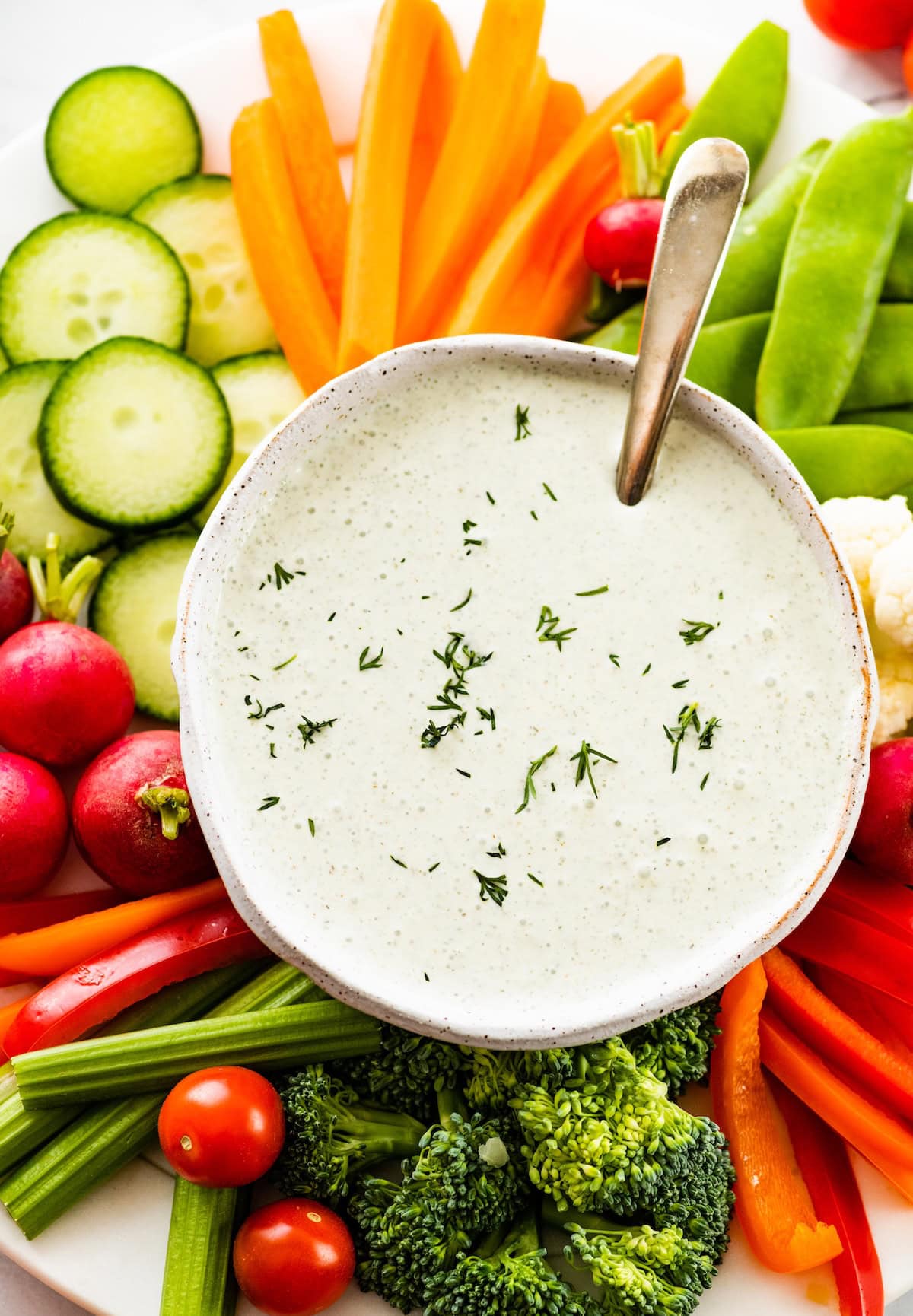As we get older, our bodies undergo changes that many of us may find uncomfortable. Muscle loss is one such change that comes with aging, and it can be quite concerning, as it has a significant impact on one’s strength, mobility, and overall well-being. Maintaining an adequate muscle mass is also important to prevent future health issues. While it can be a bit overwhelming to think about such things, the good news is that muscle loss is a common part of aging, and there are steps we can take to prevent it! Eating a healthy diet, staying physically active, and incorporating specific dietary supplements can help prevent muscle loss as we grow older. In this article, we will explore the role of vitamins and nutrients in preventing age-related muscle loss and provide you with the information you need to take proactive steps in preserving muscle function and health.
Understanding Sarcopenia
Age-related muscle loss, otherwise known as sarcopenia, is a condition where muscle degeneration sets in as we age. It typically begins around the age of 30, in which adults lose around 3% of their muscle strength every year. This condition often leads to decreased mobility, muscle weakness, risk of falls and fractures, and a decline in overall physical function. Several factors may contribute to accelerated sarcopenia, such as reduced physical activity, an unbalanced diet, long-term inflammation, hormonal changes, and severe stress.
Just as there are factors that accelerate sarcopenia, there are others that can prevent sarcopenia from affecting you. Exercising, good nutrition, and maintaining a well-balanced diet are essential to maintain an optimal muscle mass while aging. Some important vitamins and nutrients include:
- Vitamin D
- Collagen
- Omega-3 Fatty Acids
- Antioxidants
Significant Nutrients That Deter Muscle Loss
Vitamin D
Vitamin D is a fat-soluble vitamin made by the body from sun exposure. It is a crucial nutrient in combating age-related muscle loss because vitamin D helps regulate calcium levels, which is vital for both bone health and muscle function. Additionally, it helps regulate inflammation and plays a role in protein synthesis, which is essential for building and repairing muscle tissue.
Aside from the sun, there are foods that are rich in vitamin D, such as oily fish, red meat, egg yolks, and mushrooms. Food manufacturers have also added and fortified some foods with vitamin D, such as dairy products like milk and cheese, juices, cereals, and various milk substitutes.
Collagen
Collagen is a structural protein that makes up about 30% of our body’s total protein. It is a vital building block for connective tissues, including muscles, tendons, and ligaments. Our bodies naturally produce collagen to maintain the health and strength of bodily tissues, however, as we age, collagen production and quality decrease. With a lower collagen production rate, our body’s muscle mass decreases as well, which contributes to weaker and less flexible skeletal muscles.
Foods with high-quality protein can be eaten to increase collagen production, but collagen supplements may also be used to quickly improve muscle health by promoting the repair and growth of muscle tissue.
Omega-3 Fatty Acids
Omega-3 fatty acids are a nutrient most commonly found in fish, fish oils, and various nuts and seeds. They are significant in preventing sarcopenia as they have anti-inflammatory properties that can help preserve muscle tissue. Omega-3 fatty acids also support protein synthesis, particularly when combined with protein-rich diets.
Antioxidants
Potent antioxidants are essential to combat free radicals within the body. Free radicals are unstable molecules in the body that can cause significant damage to cells, proteins, and DNA, which in turn leads to various health issues and accelerated aging. Antioxidants such as vitamins C and E maintain muscle health by mitigating oxidative stress caused by an imbalance between free radicals and antioxidants.

Lifestyle Factors That Help Prevent Muscle Loss
Physical Activity
Regular physical activity, especially resistance training, is crucial for maintaining and building muscle mass. Exercise stimulates muscle protein synthesis and improves muscle function. Incorporating easier and more manageable workouts into your daily routine can significantly improve your muscle health and combat age-related muscle loss. For beginners, walking and chair exercises can be a great way to start as they improve cardiovascular health and strengthen muscles without putting too much strain on joints. Activities such as weight lifting, resistance band exercises, and bodyweight exercises are also effective as they promote muscle strengthening and endurance in the long run.
Resistance Training
Resistance training is particularly beneficial as it directly stimulates muscle growth. Exercises like squats, deadlifts, and push-ups target major muscle groups, promoting the increase of muscle mass and strength. Even light resistance exercises can have a significant impact on muscle preservation for older adults.
Combining nutrient intake with resistance training can have a synergistic effect on muscle preservation and growth. Resistance training increases the body’s demand for proteins and nutrients, making the dietary intake of high-quality protein and supplements like Vitamin D and collagen even more effective. This combination helps build muscle and maintain muscle function, which is crucial for older adults to remain active and healthy.
Healthy Diet
Maintaining a balanced diet rich in fruits, vegetables, whole grains, and lean proteins provides the necessary nutrients to support muscle health. Adequate hydration is also essential for muscle function and recovery. Here’s a quick rundown on what each food group gives you to help prevent muscle loss due to age:
- Fruits and Vegetables: Packed with vitamins, minerals, and antioxidants that help reduce inflammation and oxidative stress in muscles.
- Lean Proteins: Supply the amino acids required for muscle repair and growth.
- Whole Grains: Provide sustained energy necessary for exercise and muscle function.
Without a balanced diet, it’s essential to ensure you get all the different nutrients needed to prevent health complications down the line.

Supplementing for Success
There are often factors that may prevent you from receiving all the necessary nutrients required for a balanced diet. Food allergies and intolerances, medical conditions, medications, and personal preferences are a few blockades that may prevent someone from being able to eat food from all the required groups. For those who may struggle to get enough nutrients from diet alone, supplements can be a practical solution. Uscriptives offers a range of high-quality vitamins and supplements tailored for aging individuals. Our products are designed to help maintain muscle mass, enhance muscle function, and support overall health. Consider adding our Vitamin D and collagen supplements to your daily routine to fight against age-related muscle loss effectively.
Prevent Age-Related Muscle Loss with Uscriptives
Addressing age-related muscle loss requires a multifaceted approach, including proper nutrition, physical activity, and targeted supplementation. By understanding what vitamins stop age-related muscle loss and incorporating these strategies into your daily life, you can maintain muscle health and improve your quality of life as you age. Supplements like collagen, Vitamin D, and Omega-3 fatty acids can offer additional support to maintain muscle mass and function. To help you on this journey, Uscriptives offers a range of high-quality supplements designed to meet the unique needs of aging adults. Explore Uscriptives’ range of supplements to find the perfect products to support your muscle health journey.
Publisher: Source link



